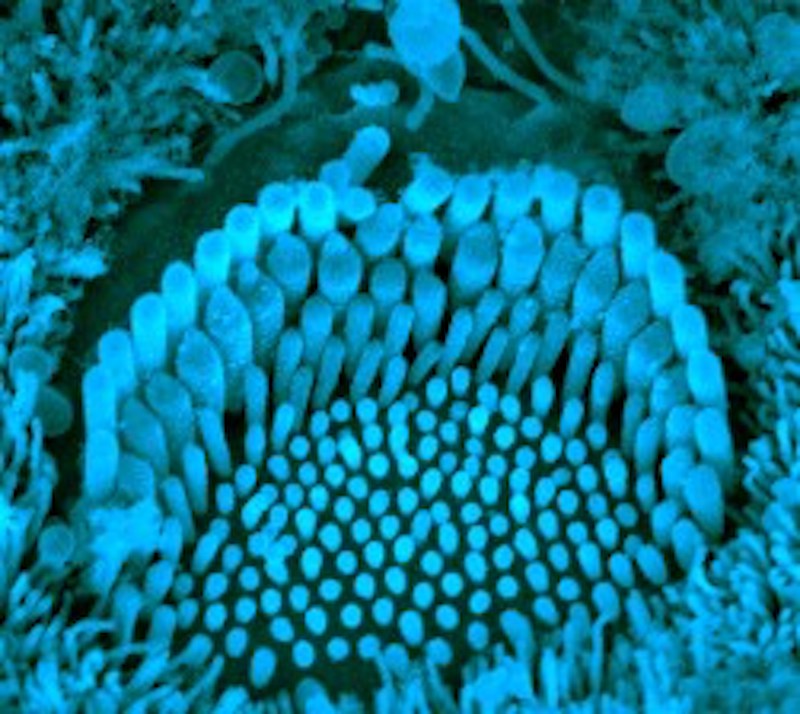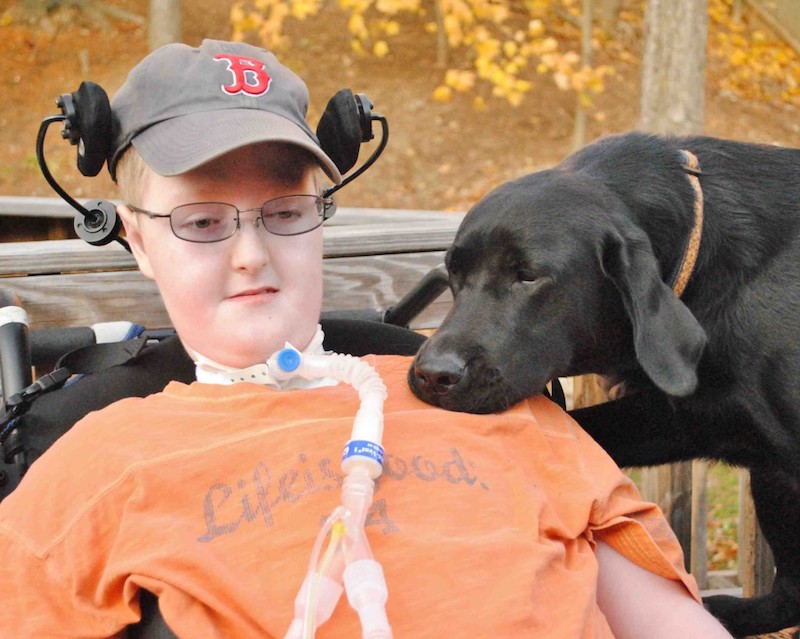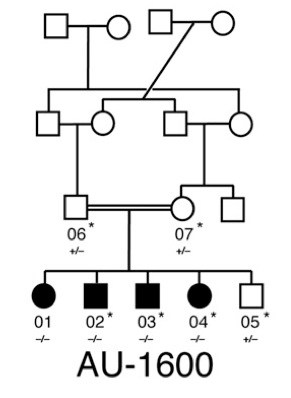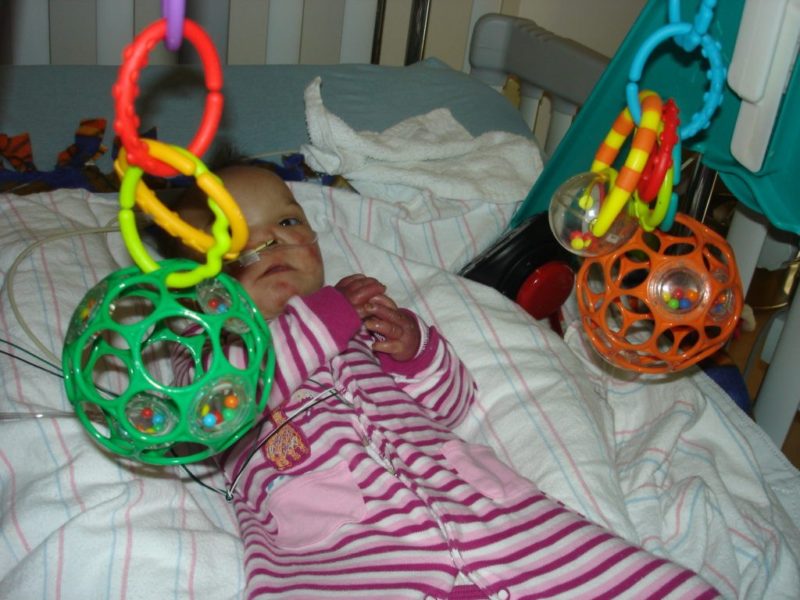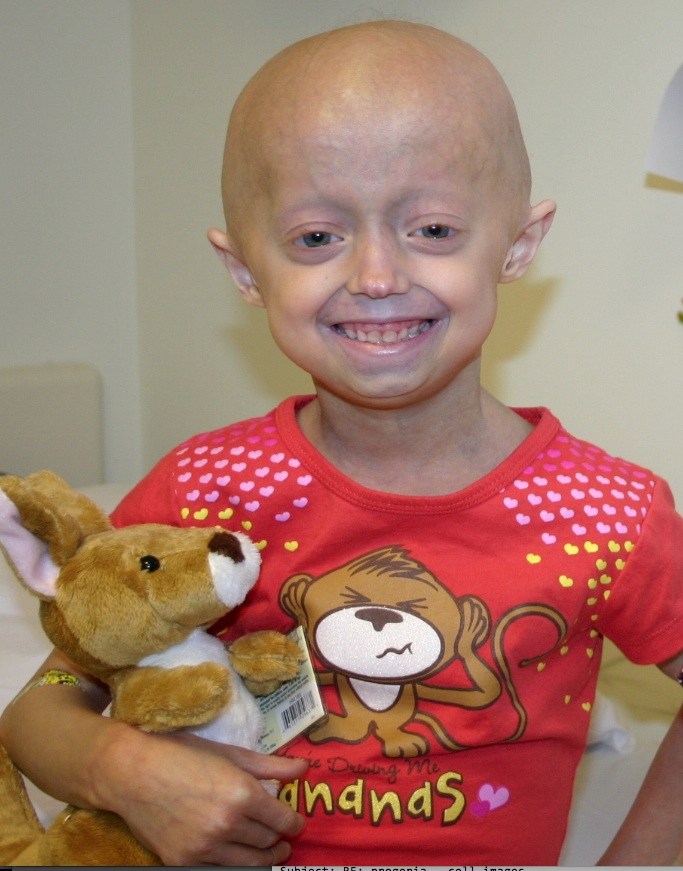Archive for rare disease
Solving medical mysteries: The Undiagnosed Disease Network
At first, Corrie and Adam Mendes thought their daughter Emmie had an inner ear problem. She was late with several early milestones, including walking, and when she did walk, she often lost her balance. The family pediatrician sent them to a neurologist, who ordered a brain MRI and diagnosed her with pachygyria, a rare condition ... Read More about Solving medical mysteries: The Undiagnosed Disease Network
‘Heart on a chip’ suggests a surprising treatment for a rare genetic disease
It was the variability that intrigued pediatric cardiologist William Pu, MD, about his patient with heart failure. The boy suffered from a rare genetic mitochondrial disorder called Barth syndrome. While he ultimately needed a heart transplant, his heart function seemed to vary day-to-day, consistent with reports in the medical literature. “Often patients present in infancy with severe ... Read More about ‘Heart on a chip’ suggests a surprising treatment for a rare genetic disease
Tagged: cardiomyopathy, heart, organoids, orphan diseases, rare disease, stem cells
How things work: Scientists find cellular channels vital for hearing
Ending a 30-year search by scientists, researchers have identified two proteins in the inner ear that are critical for hearing, which, when damaged by genetic mutations, cause a form of delayed, progressive hearing loss. The proteins are essentially transducers: They form channels that convert mechanical sound waves entering the inner ear into electrical signals that ... Read More about How things work: Scientists find cellular channels vital for hearing
Restoring muscle function in a rare, devastating disease: Part 1
Part 1 of a two-part series. (Read part 2.) Sixth-grader William Ward cruises the hallways at school with a thumb-driven power chair and participates in class with the help of a DynaVox speech device. Although born with a rare, muscle-weakening disease called X-linked myotubular myopathy, or MTM, leaving him virtually immobile, he hasn’t given up. Neither has Alan Beggs, ... Read More about Restoring muscle function in a rare, devastating disease: Part 1
Tagged: gene therapy, rare disease
Restoring muscle function in a rare, devastating disease: Part 2
Part 2 of a two-part series. (Read part 1.) Back in the 1990s, rheumatologist Richard Weisbart, MD, of University of California, Los Angeles (UCLA), was studying lupus in a mouse model and found that the mice were making an antibody that had the intriguing ability to get inside tissues and cells. Weisbart shifted his work away ... Read More about Restoring muscle function in a rare, devastating disease: Part 2
Tagged: drug development, rare disease
Inherited autism mutations found via genomic sequencing in Mideast families
Autism clearly runs in some families, yet few inherited genetic causes have been found. A major reason is that these causes are so varied that it’s hard to find enough people with a given mutation to establish a clear pattern. Now, three large Middle Eastern families with autism spectrum disorders (ASDs) have led the way ... Read More about Inherited autism mutations found via genomic sequencing in Mideast families
Pediatric complex care: A day in the life
This is the first post of a two-part series on children with complex medical needs. Details on some patients have been changed for privacy reasons. This morning, as every morning, the Complex Care Service (CCS) team huddles in a tiny office deep inside Boston Children’s Hospital. They have 14 patients to discuss, each with a ... Read More about Pediatric complex care: A day in the life
First-ever drug trial reverses some signs of aging in progeria
The children came from all over the world: 28 families from 16 countries, speaking over a dozen languages. They faced a grim prognosis: death at an average age of 13 from cardiovascular disease. Not the congenital heart defects we so commonly see in babies coming to Boston Children’s Hospital, but the kind of disease you ... Read More about First-ever drug trial reverses some signs of aging in progeria
Tagged: clinical trials, rare disease
Orphan diseases: Bringing academia, industry, and government into the game
“If you build it, he will come,” the ghosts of baseball players past tell a farmer in Field of Dreams. But it’s not that easy. To put people in the seats you have to have all of the right pieces: the right team, including players and managers; the right park, one that works for both ... Read More about Orphan diseases: Bringing academia, industry, and government into the game




